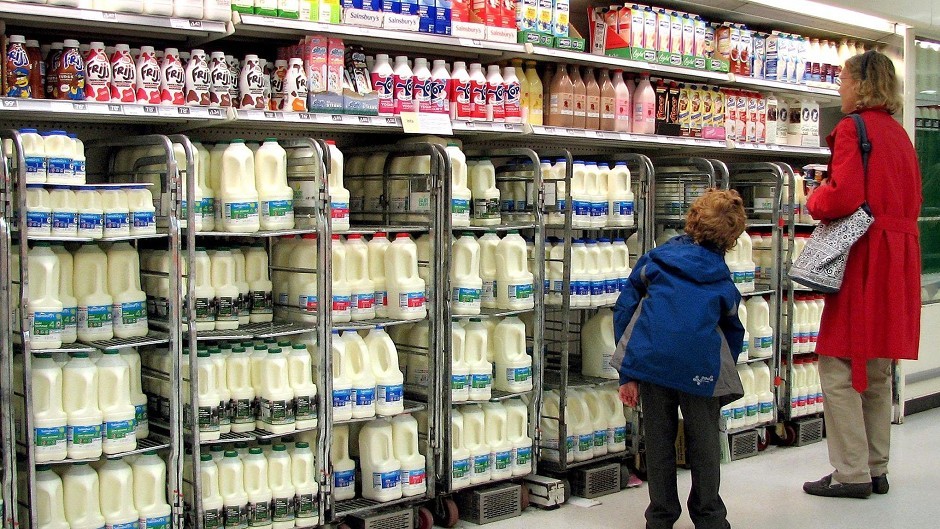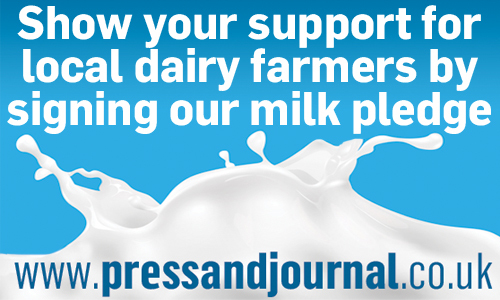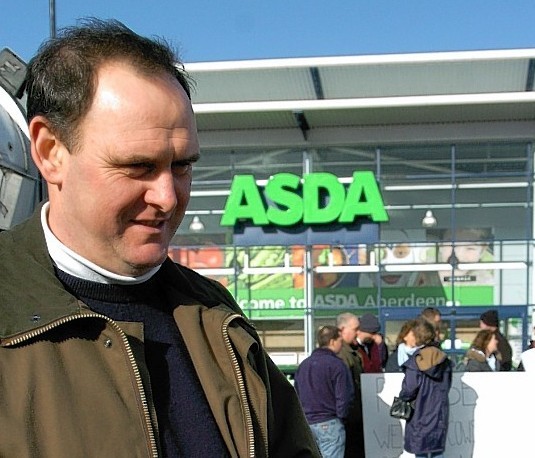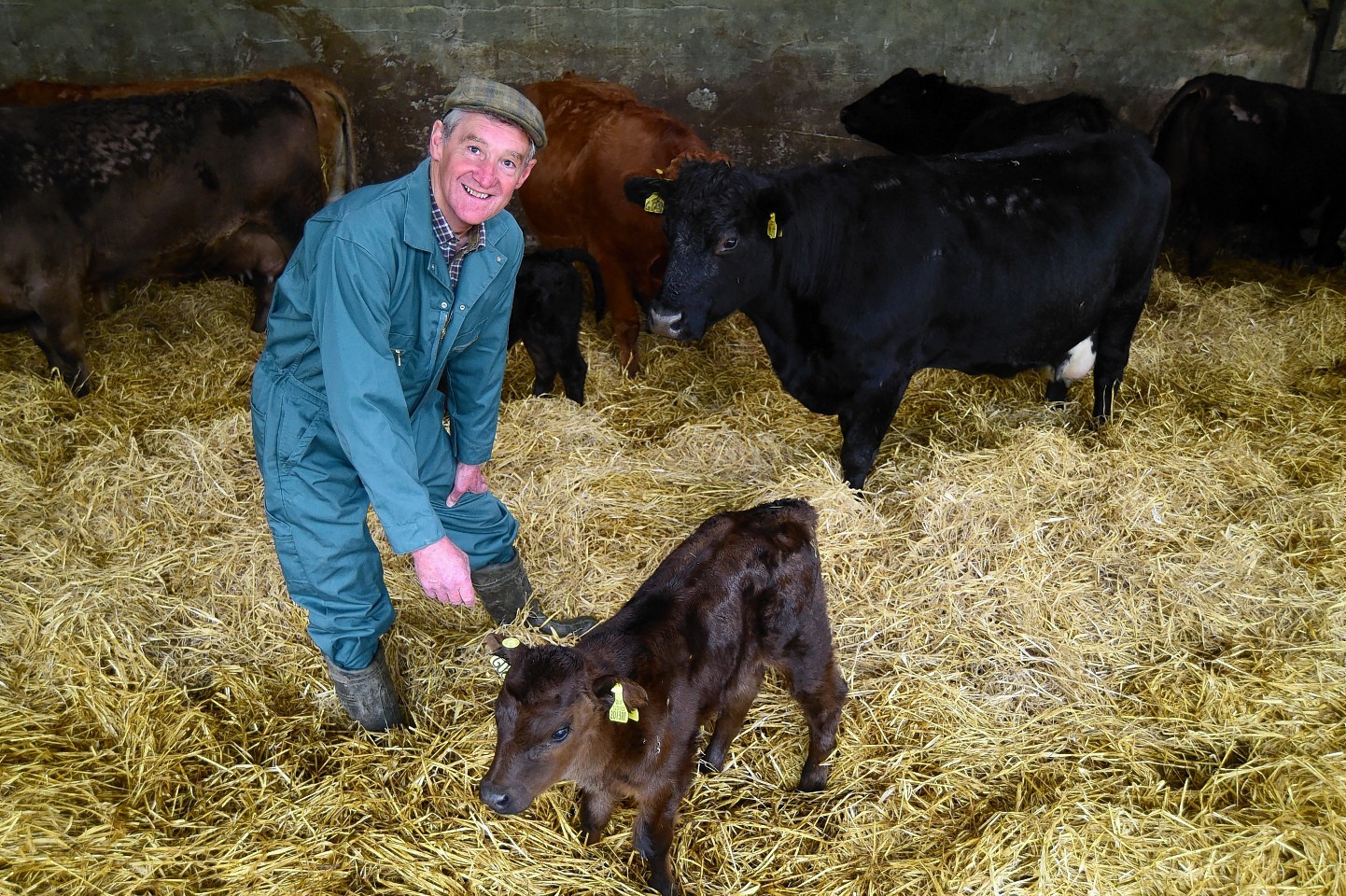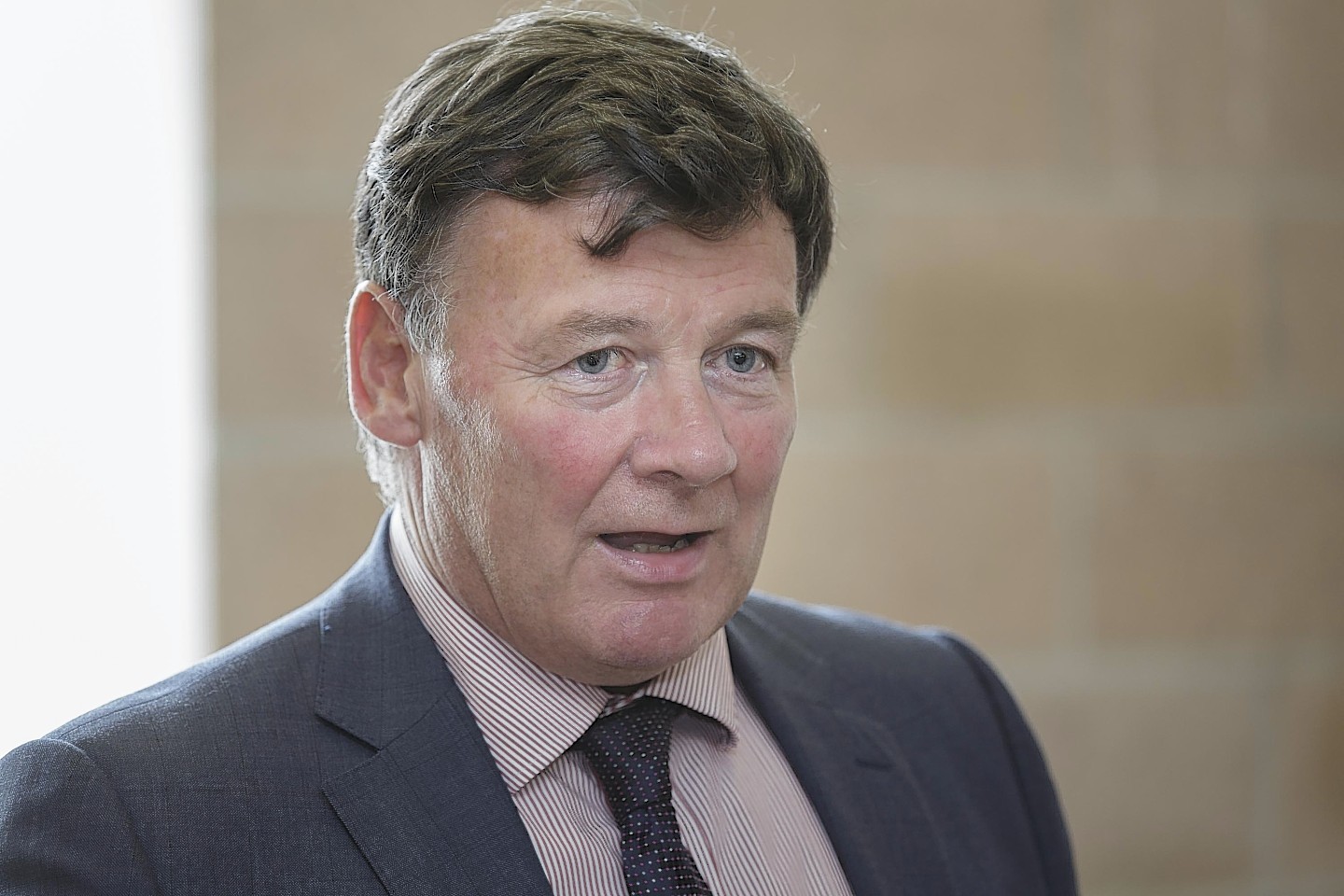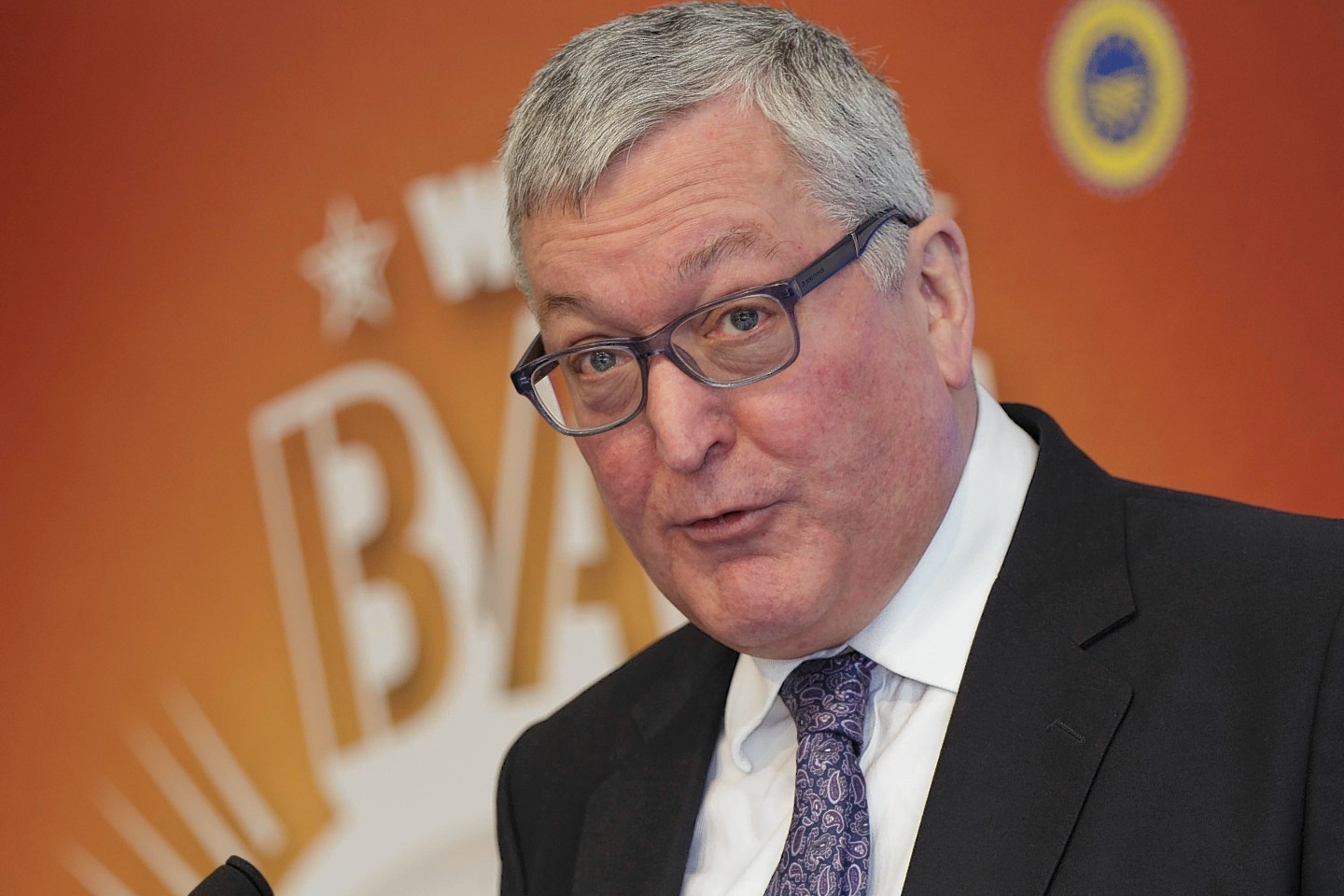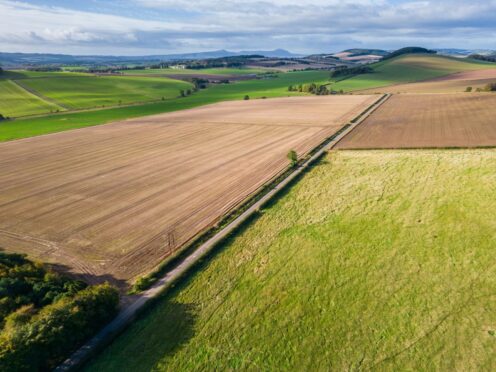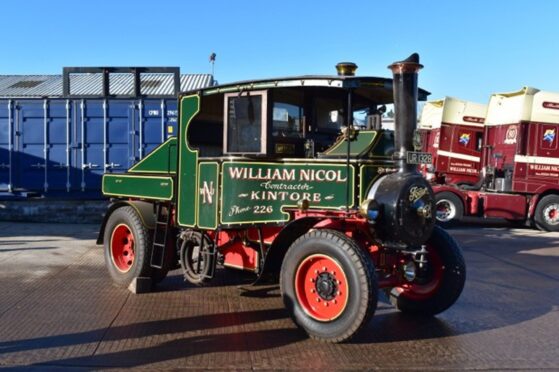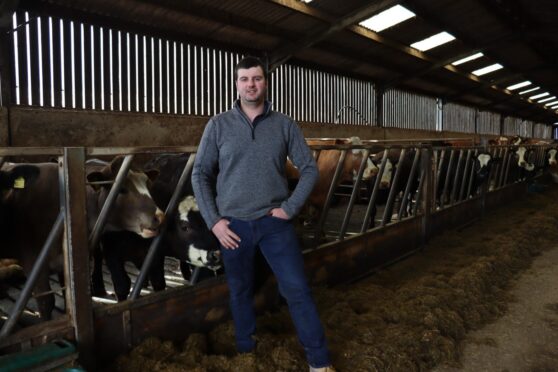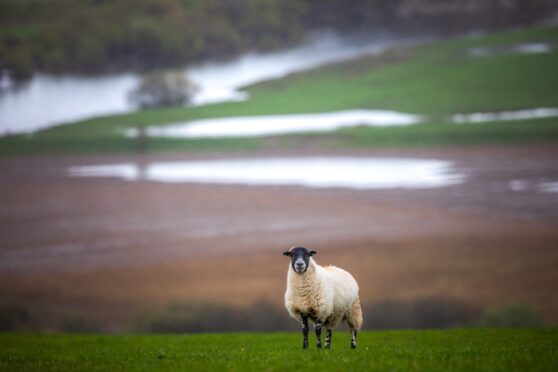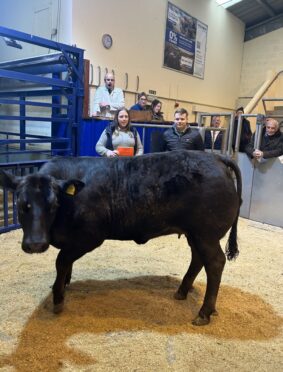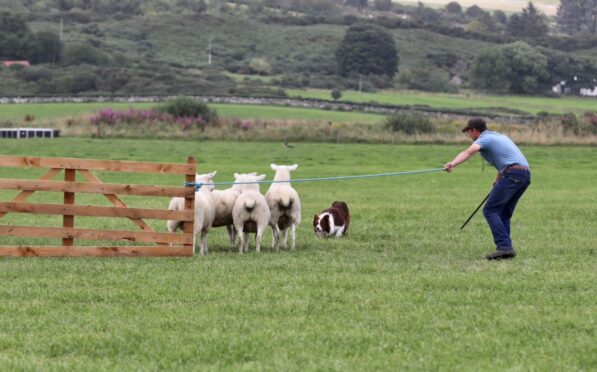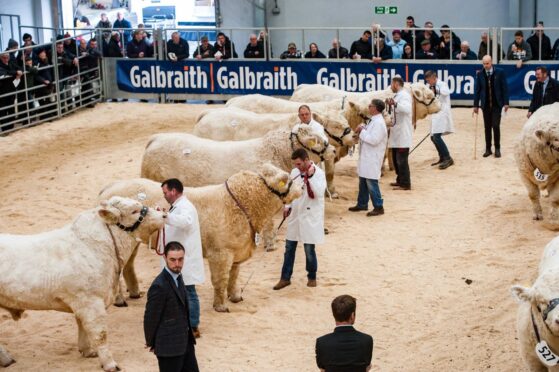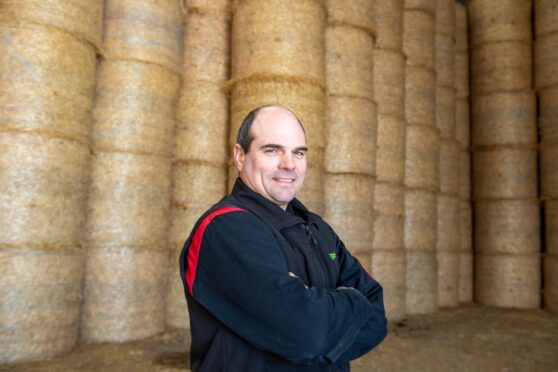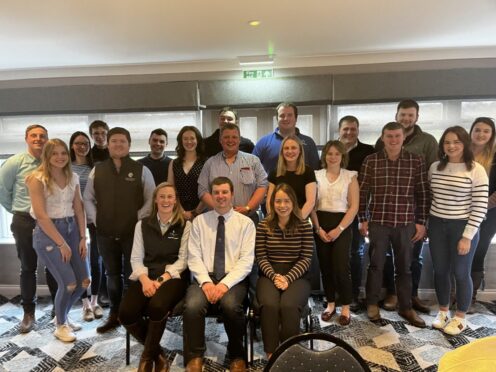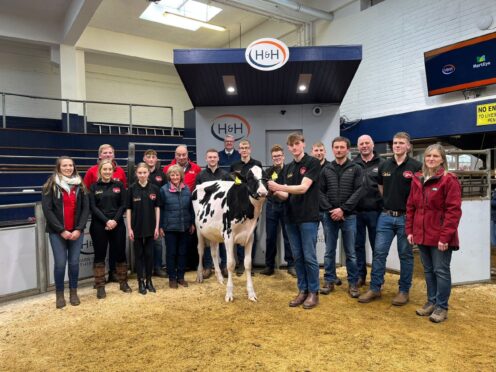Hardworking dairy farmers and their families work tirelessly all year round to produce milk for our daily cup of tea and bowl of cornflakes.
Their profession isn’t just a job – it’s a way of life.
Most shoppers will be shocked and appalled to hear that most of these dairy farmers are not being paid enough to cover their costs of production.
Industry estimates suggest it costs an average of 30p a litre to produce milk, however the majority of farmers are being paid less than 20p a litre resulting in a net loss of at least 10p for every litre of milk produced.
Sign our milk pledge
And if that wasn’t enough, shoppers will be shocked to learn the amount of miles their pint of milk has racked up before it reaches their local supermarket shelf (see our map).
To highlight this milk mileage madness, the Press and Journal is today launching its Local Milk is Miles Better campaign.
This follows the closure of the north-east’s only milk processing factory at Tullos in Aberdeen.
The factory, which was run by dairy giant Muller, was reported to only be running at 38% capacity.
Why? Because the buying habits of the supermarkets mean milk is no longer sourced locally.
One supermarket chain will generally buy milk from one milk processor, meaning a local factory like the site in Aberdeen is not being utilised to supply locally-produced milk to all the different shops in the area.
As an example, Marks and Spencer which prides itself on paying one of the highest prices in the industry at 30.49p a litre, sources all its Scottish milk from a dedicated group of seven farmers in Lanarkshire with all milk processed at Muller’s Bellshill factory.
This is fantastic for the farmers in Lanarkshire but it is certainly not local for the shoppers visiting an M&S store in the north or north-east.
Sadly the farmers in our region are currently stuck between a rock and a hard place.
Muller’s decision to close its factory in Aberdeen has left them having to pay a transport levy of 1.75p a litre to haul their milk down to Bellshill for processing, before it makes the 150-mile journey back north to supermarket shelves.
Only a lucky few – the 12 producers supplying Tesco on a special cost-of-production based contract – have had the haulage fee waived as Tesco has offered to foot the bill.
For the rest, the 1.75p a litre levy could be too hard a pill to swallow.
And unless drastic action is taken to overturn the cost or build the case of reopening or building a new factory for the north-east, many of the region’s farmers will be forced out of business.
This is simply not good enough.
The dairy industry in the north is more or less gone – my family ran the last dairy farm in the Western Isles where we produced, processed, bottled and delivered all our own milk.
Sadly we were forced to shut up shop in 2012. We could not compete on price with the supermarkets who treat milk as a loss leader.
Let’s not let the dairy industry in the north-east become a thing of the past too.
NFU Scotland has already asked economic development agency Opportunity North East (ONE) to work on a feasibility study to consider the viability of building a new milk processing plant in south Aberdeenshire to serve the north-east retail market.
Let’s rally together and say no to milk mileage madness.
Everyone knows Local Milk is Miles Better.
Let’s get the supermarkets on board – it’s time to stop buying milk from hundreds of miles away and instead buy milk locally.
Sign our pledge today and show your support for the north-east dairy industry.
Backing the P&J milk pledge
Roddy Catto, NFU Scotland north-east regional chairman and dairy farmer supplying Muller
“Local milk is miles better. It will be on average eight-hours’ fresher. By pledging their support the consumers would be supporting local dairy farmers and going down the line if our feasibility shows there’s a place for a smaller dairy in Aberdeenshire and north-east Angus, this campaign could give that business case a lot more credibility.”
Peter Chapman MSP, Aberdeenshire farmer and Scottish Conservative rural affairs spokesman
“I think the majority of people in this area who buy milk at the supermarket or local shop are keen to support north-east producers, but most will have no idea of the distance that milk travels. There are dairy farmers based south of Aberdeen who are hauling their milk up to Aberdeen only for it go down the road again to the central belt for processing before it comes back up to the supermarkets. It is bad for the environment and it is very expensive, but that is the reality at the moment and the sector is facing a real challenge.”
Alex Salmond MP for Gordon
“It is important that we support purveyors of local produce, and I have no doubt that locally produced milk would be an initiative that the people of the north-east would not hesitate to rally around.”
Allan Bowie, NFU Scotland president
“The closure of the Tullos dairy in Aberdeen was a dark day for dairying in the north-east and the region’s hard-working dairy farmers now face costly haulage charges to have their milk transported all the way to the central belt for processing.
“I believe Press and Journal readers appreciate the hard work that goes in to milking cows – day in, day out – and they want to buy fresh, locally produced milk and dairy products. Local processing, using fresh milk from the region’s cows, will support jobs, preserve the region’s valuable dairy herd and – most importantly – put the freshest, tasty milk and dairy produce on people’s tables.”
Fergus Ewing, Cabinet Secretary for Rural Economy and Connectivity
“I believe that if people are aware a product is Scottish then they will be more likely to buy it. I want to see a situation where more and more consumers and businesses look at the provenance of items when sourcing and purchasing food and drink products. Stocking and buying Scottish goods helps sustain the economy and allows consumers to enjoy unrivalled quality and choice.
“I am delighted to lend support to this campaign and encourage retailers in the north-east to stock local milk and support farmers and producers in the region. We have a strong and reputable dairy brand and it’s time to capitalise on that and proudly proclaim Local Milk is Miles Better.”
Where do the retailers get their fresh own-brand milk?
Aldi
– The discount retailer sources the milk for its 67 Scottish stores from Graham’s The Family Dairy whose main base is at Bridge of Allan. However the company processes milk at a factory in Nairn for the north market.
Asda
– All milk for the company’s 61 Scottish stores is sourced from Arla’s factory in Lockerbie.
Co-op
– The company’s 400 Scottish stores stock milk from a dedicated group of 32 farmers, including four in Aberdeenshire, with all milk processed by Muller and all producers paid a “premium price” for their milk.
Lidl
– The discounter sources all the milk for its 91 Scottish shops from Graham’s The Family Dairy.
Marks and Spencer
– All milk stocked in the company’s 95 stores in Scotland is supplied by a group of seven farms in Lanarkshire, who are paid a premium price of 30.49p a litre for their milk. All the milk is processed at the Arla factory in Lockerbie.
Morrisons
– Milk for the company’s 60 Scottish stores is supplied by Arla’s factory in Lockerbie. The company also operates a premium brand – Morrisons Milk for Farmers – which gives an extra 10p per litre back to Arla. As Arla is a European farmers’ co-operative offering one price for all its members, this money does not go direct to UK farmers but is instead spread across all farmers in the co-op.
Sainsbury’s
– The company’s 97 Scottish stores are supplied by a dedicated group of 30 Scottish farmers who are paid a price based on a cost of production formula. All milk is processed by Muller in Bellshill and the farmers are currently paid 29.98p a litre for their milk.
Tesco
– Milk for the company’s 112 Scottish stores is supplied by a dedicated group of 67 farmers on a cost of production based contract which currently pays 28.69p a litre. The company sources milk from both Muller and Arla.
